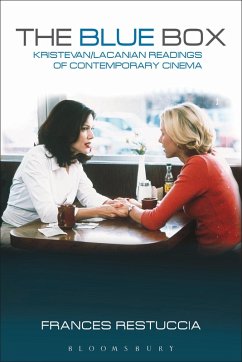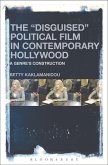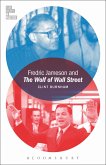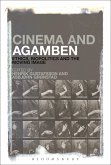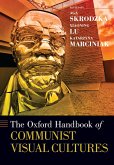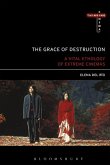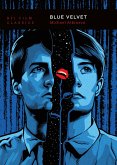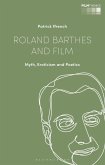Informed by the theory of Julia Kristeva, Frances Restuccia analyzes a variety of contemporary films replete with psychoanalytic subject matter and styles. She examines films that present elaborate fantasies and, through them, prompt the viewer to cut across a crippling fundamental fantasy-by enabling a mapping of his or her private fantasy onto the one being played out on the screen. Such absorption is a function of the semiotic dimension of the film, which offers the spectator an experience of intimacy, negativity, the gaze, and death.
Kristeva stresses that cinema has the power to bestow desiring subjectivity as a way of resisting the society of the spectacle through the specular. Through analyses of complex films such as Streitfeld's Female Perversions, Lynch's Mulholland Drive, Almodóvar's Volver, and Haneke's Caché, The Blue Box: Kristevan/Lacanian Readings of Contemporary Film demonstrates Julia Kristeva's concept of the "thought specular," from her fascinating chapter "Fantasy and Cinema" in Intimate Revolt. Kristeva deserves our full attention as a film theorist.
Kristeva stresses that cinema has the power to bestow desiring subjectivity as a way of resisting the society of the spectacle through the specular. Through analyses of complex films such as Streitfeld's Female Perversions, Lynch's Mulholland Drive, Almodóvar's Volver, and Haneke's Caché, The Blue Box: Kristevan/Lacanian Readings of Contemporary Film demonstrates Julia Kristeva's concept of the "thought specular," from her fascinating chapter "Fantasy and Cinema" in Intimate Revolt. Kristeva deserves our full attention as a film theorist.

